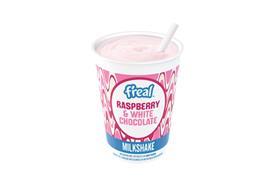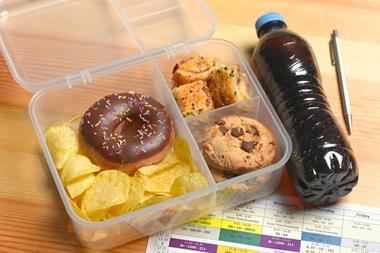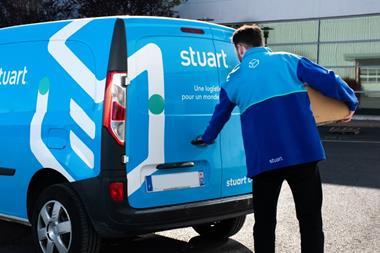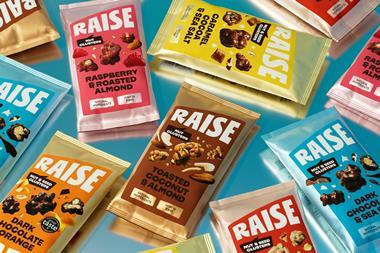Canned food grows in recession
C-store managers not yet convinced about the benefits of stocking up on canned goods should take a quick peek into customers' recycling bins to get a glimpse of their popularity
ALREADY HAVE A REGISTERED USER ACCOUNT? PLEASE LOG IN HERE
To read the full story join the ConvenienceStore.co.uk community today!
Registration is quick and easy and provides access to:
- Unlimited ConvenienceStore.co.uk articles
- Our great range of newsletters
- Content you’ve saved for later via the ‘my library’ feature
And much more…































